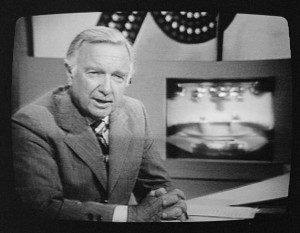Dick Cheney’s failure to serve in Vietnam
At The Nation, John Nichols reviews each of warmonger Dick Cheney's four 2-S draft deferments that allowed him to not serve in Vietnam in the 1960's. He explained himself decades later, but doesn't even mention this aspect of his life in his new book, In My Times. Here is an excerpt from Nichol's article:
Twenty-three years later, when Cheney appeared before the Senate to plead the case for his confirmation as George Herbert Walker Bush’s defense secretary, he was questioned about his failure to serve. Cheney responded that he “would have obviously been happy to serve had I been called.” In a more truthful moment that same year, Cheney admitted to a reporter, “I had other priorities in the ’60s than military service.” Cheney’s lie to the Senate has never caused much concern, but that “other priorities” line has dogged him. After he selected himself to serve on the 2000 Republican ticket, former Secretary of Veterans Affairs Jesse Brown, a Vietnam veteran disabled by a gunshot wound to his right arm, said, “As a former Marine who was wounded and nearly lost his life, I personally resent that comment. I resent that he had ‘other priorities,’ when 58,000 people died and over 300,000 returned wounded and disabled. In my mind there is no doubt that because he had ‘other priorities’ someone died or was injured in his place.”

